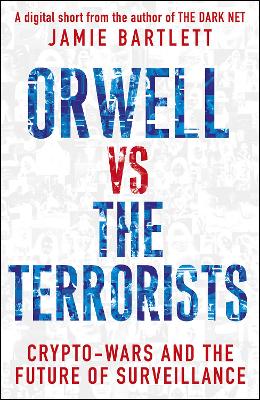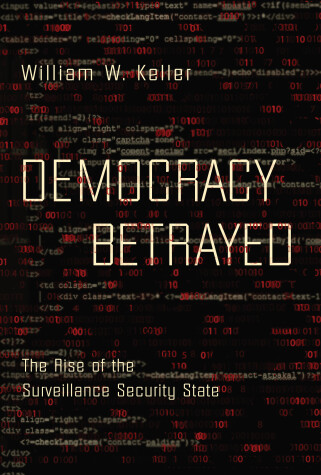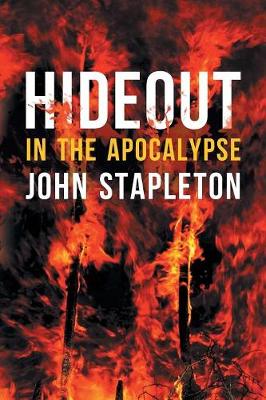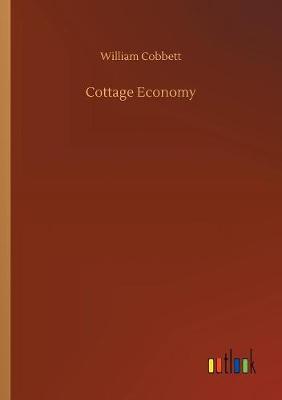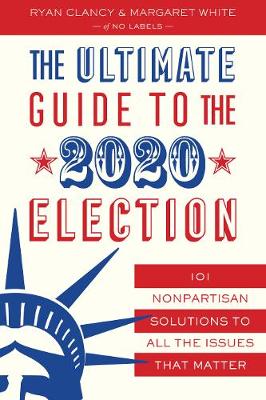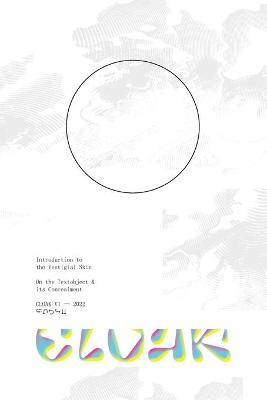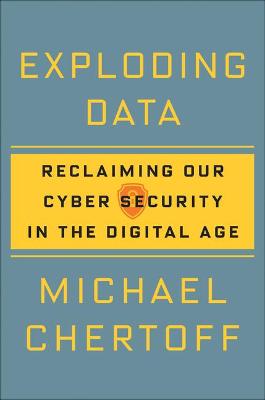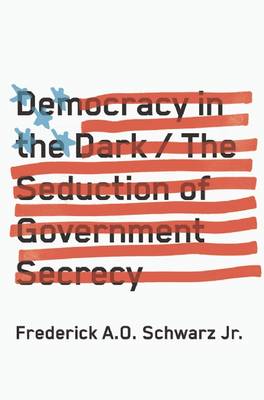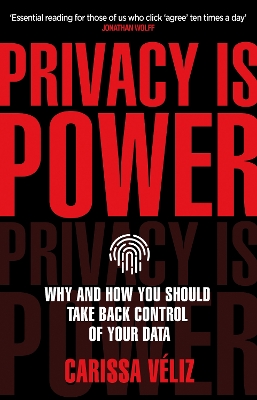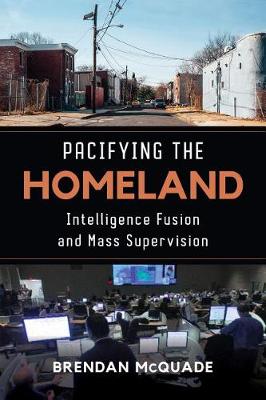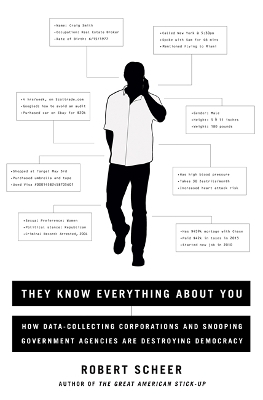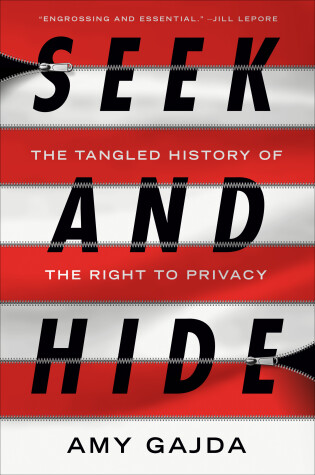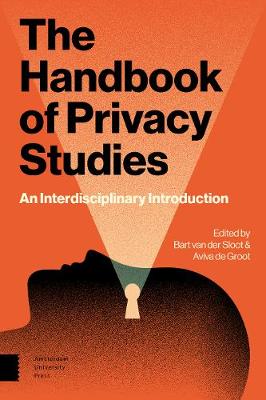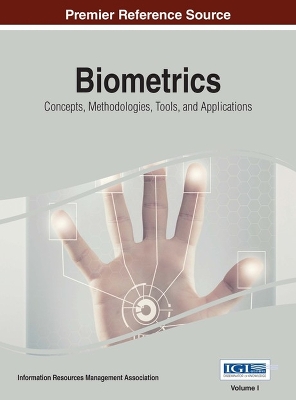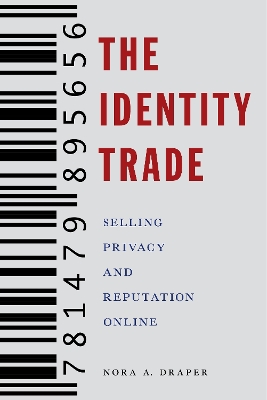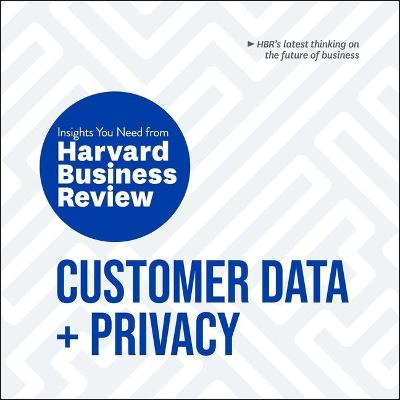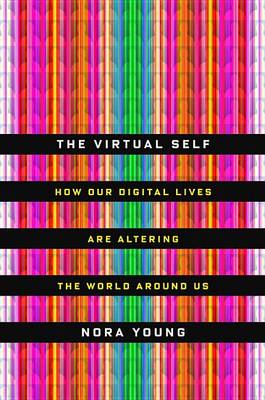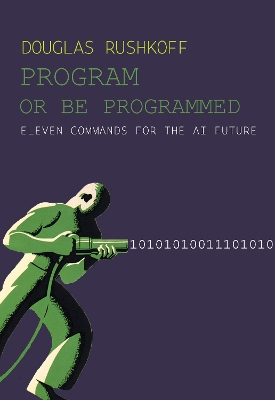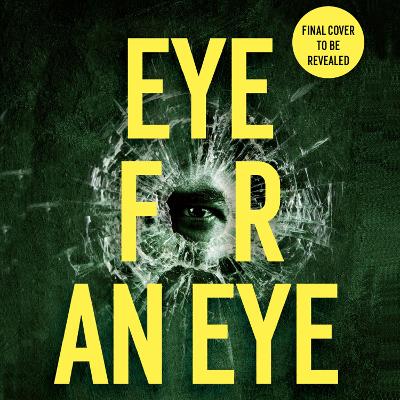On 5 June 2013, the Guardian began publishing a series of documents leaked by NSA contractor Edward Snowden, revealing the extent of internet surveillance undertaken by government and intelligence agencies. It provoked an immediate outcry. ‘I didn’t want to change society,’ Snowden would later say, in exile. ‘I wanted to give society a chance to determine if it should change itself.’ And to some extent, he has. Snowden’s leaks have provoked important debates about the precarious balance between...
A vital and important look at the rise of a security state that is transforming the nature of our democracy In the aftermath of 9/11, in lockstep with booming technological advancements, a new and more authoritarian form of governance is upplanting liberal democracy. The creation of the Security Industrial Complex — an “internal security state–within–the–state” fueled by tech companies, private security firms, and the Intelligence Community to the tune of $120 billion a year — is intruding o...
The Prepared Leader
by Erika H James and President Simmons University Lynn Perry Wooten
Cottage Economy (Cottage Economy) (Cambridge Library Collection - British and Irish History, 19th Century)
by William Cobbett
William Cobbett wrote Cottage Economy published in 1821, with a twofold aim. First, to promote his personal philosophy of self-sufficiency, which he viewed as the foundation of family happiness. And second, to instruct country laborers in the arts of brewing beer, making bread, keeping cows, pigs, bees, ewes, poultry, rabbits, and other matters. The book has enjoyed classic status ever since.Though over 180 years old, Cottage Economy has lost none of its relevance or inspiration for anyone in se...
The Ultimate Guide to the 2020 Election
by No Labels, Ryan Clancy, and Margaret White
Will Donald Trump's Mexican border wall actually make our country safer? How much will Bernie Sanders's Medicare for All plan really cost American taxpayers? You'll find the answers in this book. The 2020 US presidential election doesn't seem so much a battle of ideas as it does a war of two tribes bent on the other's destruction. The Far Left and Far Right increasingly dominate and drive America's political debate, leaving a majority of Americans feeling left out and left behind. The Ultimat...
Firearms Record Log (Logbook, Journal - 120 pages, 6 x 9 inches) (Centurion Logbooks/Record Books)
by Centurion Logbooks
The declaration of a "War on Terror" in the aftermath of the September 11, 2001 terrorist attacks brought sweeping changes to the American criminal justice and national security systems, as well as a massive shift in the American public opinion of both individual Muslims and the Islamic religion generally. Since that time, sociologist Saher Selod argues, Muslim Americans have experienced higher levels of racism in their everyday lives. In Forever Suspect, Selod shows how a specific American reli...
The most dangerous threat we--individually and as a society and country--face today is no longer military, but rather the increasingly pervasive exposure of our personal information; nothing undermines our freedom more than losing control of information about ourselves. And yet, as daily events underscore, we are ever more vulnerable to cyber-attack. In this bracing book, Michael Chertoff makes clear that our laws and policies surrounding the protection of personal information, written for an e...
From Dick Cheney's man-sized safe to the National Security Agency's massive intelligence gathering, secrecy has too often captured the American government's modus operandi better than the ideals of the Constitution. In this important new book, Frederick A.O. Schwarz Jr., who was chief counsel to the U.S. Church Committee on Intelligence uses examples ranging from the dropping of the first atomic bomb and the Cuban Missile Crisis to Iran Contra and 9/11 to illuminate this central question: how mu...
An Economist BEST BOOK OF THE YEARAs the data economy grows in power, Carissa Véliz exposes how our privacy is eroded by big tech and governments, why that matters and what we can do about it.The moment you check your phone in the morning you are giving away your data. Before you've even switched off your alarm, a whole host of organisations have been alerted to when you woke up, where you slept, and with whom. As you check the weather, scroll through your 'suggested friends' on Facebook, you co...
The United States has poured over a billion dollars into a network of interagency intelligence centers called "fusion centers." These centers were ostensibly set up to prevent terrorism, but politicians, the press, and policy advocates have criticized them for failing on this account. So why do these security systems persist? Pacifying the Homeland travels inside the secret world of intelligence fusion, looks beyond the apparent failure of fusion centers, and reveals a broader shift away from ma...
They Know Everything About You is a ground-breaking expose of how government agencies and tech corporations monitor virtually every aspect of our lives, and a fierce defence of privacy and democracy.The revelation that the government has access to a vast trove of personal online data demonstrates that we already live in a surveillance society. But the erosion of privacy rights extends far beyond big government. Intelligence agencies such as the NSA and CIA are using Silicon Valley corporate par...
“Gajda’s chronicle reveals an enduring tension between principles of free speech and respect for individuals’ private lives. …just the sort of road map we could use right now.”—The Atlantic “Wry and fascinating…Gajda is a nimble storyteller [and] an insightful guide to a rich and textured history that gets easily caricatured, especially when a culture war is raging.”—The New York Times An urgent book for today's privacy wars: the surprising history of the fitful development of the right to pri...
The Handbook of Privacy Studies
The Handbook of Privacy Studies is the first book in the world that brings together several disciplinary perspectives on privacy, such as the legal, ethical, medical, informatics and anthropological perspective. Privacy is in the news almost every day: mass surveillance by intelligence agencies, the use of social media data for commercial profit and political microtargeting, password hacks and identity theft, new data protection regimes, questionable reuse of medical data, and concerns about h...
Biometrics
Security and authentication issues are surging to the forefront of the research realm in global society. As technology continues to evolve, individuals are finding it easier to infiltrate various forums and facilities where they can illegally obtain information and access. By implementing biometric authentications to these forums, users are able to prevent attacks on their privacy and security. Biometrics: Concepts, Methodologies, Tools, and Applications is a multi-volume publication highlighti...
The successes and failures of an industry that claims to protect and promote our online identities What does privacy mean in the digital era? As technology increasingly blurs the boundary between public and private, questions about who controls our data become harder and harder to answer. Our every web view, click, and online purchase can be sold to anyone to store and use as they wish. At the same time, our online reputation has become an important part of our identity—a form of cultural curren...
The Maximum Surveillance Society
by Clive Norris and Gary Armstrong
The use of Closed-Circuit Television, or CCTV, has dramatically increased over the past decade, but its presence is often so subtle as to go unnoticed. Should we unthinkingly accept that increased surveillance is in the public's best interests, or does this mean that 'Big Brother' is finally watching us? This book asks provocative questions about the rise of the maximum surveillance society. Is crime control the principal motivation behind increased surveillance or are the reasons more complex?...
Customer Data and Privacy (HBR Insights)
by Harvard Business Review
"The host of CBC Radio's Spark explores the very real impact of the virtual information we generate about ourselves -- on our own lives, our communities, and our government. We generate enormous amounts of online data about our habits: where we go, what we do, and how we feel. Some of that is stuff we choose to report; some of it is the offhand data trails we leave behind. The Virtual Self looks at the debates and challenges around virtual data-sharing -- from Facebook status updates to Google N...
A deep dive into one of this century's most potent questions: do we direct technology, or do we let ourselves be directed by it? This compact new edition of a paradigmatic text packs a big and actionable punch. Updated with a new section on the unique challenges posed by AI, Program or Be Programmed presents a spirited, accessible poetics of new media. On these pages (and screens), Rushkoff picks up where Marshall McLuhan left off, helping readers recognize programming as the new literacy of the...
OUR MOST NOTORIOUS CRIMINALS HAVE HIDDEN IN PLAIN SIGHT. UNTIL NOW... 'Emily' is a devoted single mother. 'Jack' starts a new job in a new town. They both share the same secret: neither of them are who they say they are. They are among only nine criminals in the UK who have been granted lifelong anonymity, for their own safety, because of their terrible crimes. But what if someone exposed their true identities to the families of their victims, who are desperate for revenge? Probation...
